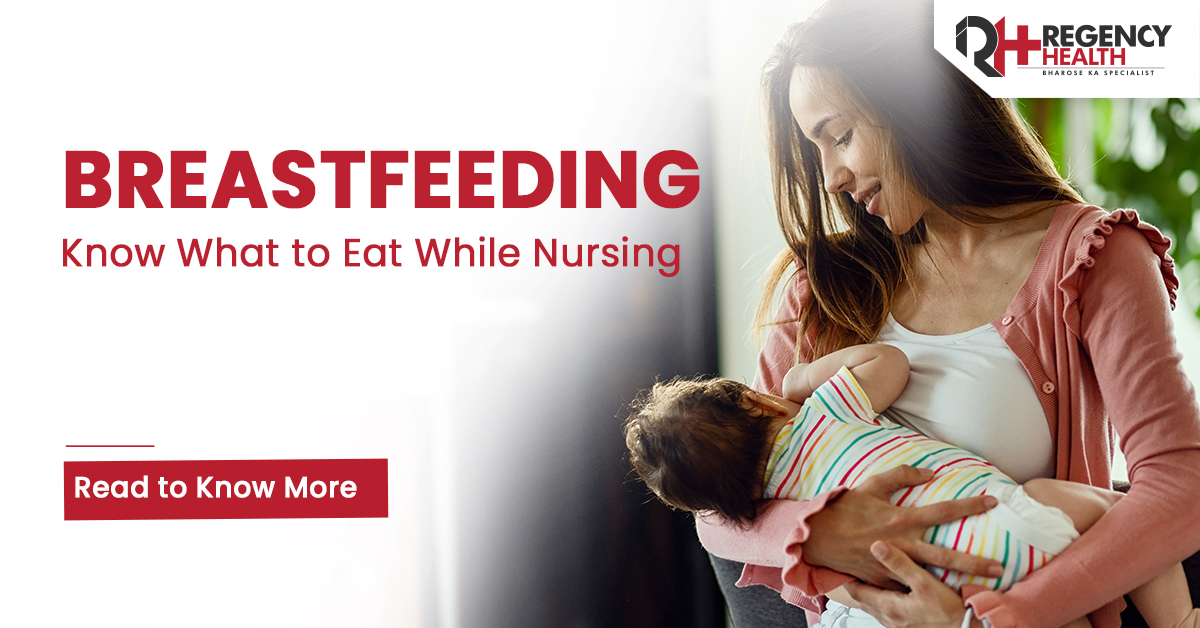
The development of your baby depends on the nourishing nutrients and protecting substances found in breast milk. For a baby’s best nutrition, breast milk is regarded as the “gold standard” because of its high nutrient levels that can foster your child’s physical as well as mental well-being. Naturally, producing this liquid gold requires a lot of energy, and in order to satisfy these demands, you need to consume more nutrients than usual.
It is vital to choose nourishing items that are rich in nutrients to support the production of breast milk. Additionally, consuming healthy foods after giving birth can improve your physical and emotional well-being, and who doesn’t want that?
The composition of breast milk
All the nutrients your baby needs for healthy development during the first six months are present in breast milk, with the exception of vitamin D. But if your diet as a whole lacks the necessary nutrients, it can have an impact on both your health and the quality of your breast milk.
According to research, breast milk contains 87 percent water, 3.8 percent fat, 1.0 percent protein, and 7 percent carbohydrates. It also contains 60 to 75 calories per 100 milliliters. Breast milk’s composition and calorie count are entirely different from baby formula. In fact, breast milk composition might differ during each feeding and throughout the lactation period to accommodate the needs of the baby.
What foods to eat during breastfeeding?
Eating healthy during breastfeeding is just as crucial as receiving the right nutrition when pregnant. Breastfeeding mothers require an additional 300–400 calories each day. Choose nutrient-dense foods that are abundant in vitamins, minerals, and macronutrients to help you receive enough energy to make sure these extra calories are healthy for you and your baby. Proteins, good fats, and complex carbohydrates will keep you satiated for longer while also promoting the healthiest possible outcomes for you and your baby.
So, which foods increase breast milk efficiency and what kind of items must nursing mothers focus on, let’s find out.
Protein: Depending on your weight and metabolism, breastfeeding mothers require between 5 and 7 ounces of protein daily. Lean meats such as chicken, fish, yogurt, eggs, and nuts are great sources of protein and could be consumed with the guidance of your nutritionist and doctor.
Omega 3 Fatty Acid: Omega-3 fatty acid docosahexaenoic acid (DHA) which has been found to benefit baby brain and eyesight development. Salmon, chia seeds, flax seeds, and fish are some of the best sources of this nutrient.
Calcium: The amount of calcium required by breastfeeding mothers is the same as that required by non-lactating mothers, which is approximately 1,000 milligrammes (mg) per day. If at all feasible, try to get this through your diet. It has been demonstrated that bone density loss caused by nursing is completely reversible following weaning. Dairy products, soybean, and green leafy vegetables are good sources of calcium.
Vitamin D: The recommended daily consumption of 600 international units (IU) of vitamin D for nursing women is the same as for non-breastfeeding women. However, some people will improve their vitamin D consumption while breastfeeding to increase the amount of vitamin D in their milk and prevent having to give their baby a vitamin D supplement. Milk, cereals, and grains fortified with Vitamin D are some of their excellent sources.
Conclusion
Although breastfeeding nourishes your infant, it can be exhausting for you. With the right nutrition, you can keep both you and your child safe throughout this period. If you have specific queries about what to eat and what to avoid while breastfeeding, consult your doctors and dieticians.

 Call-an-Ambulance
Call-an-Ambulance



